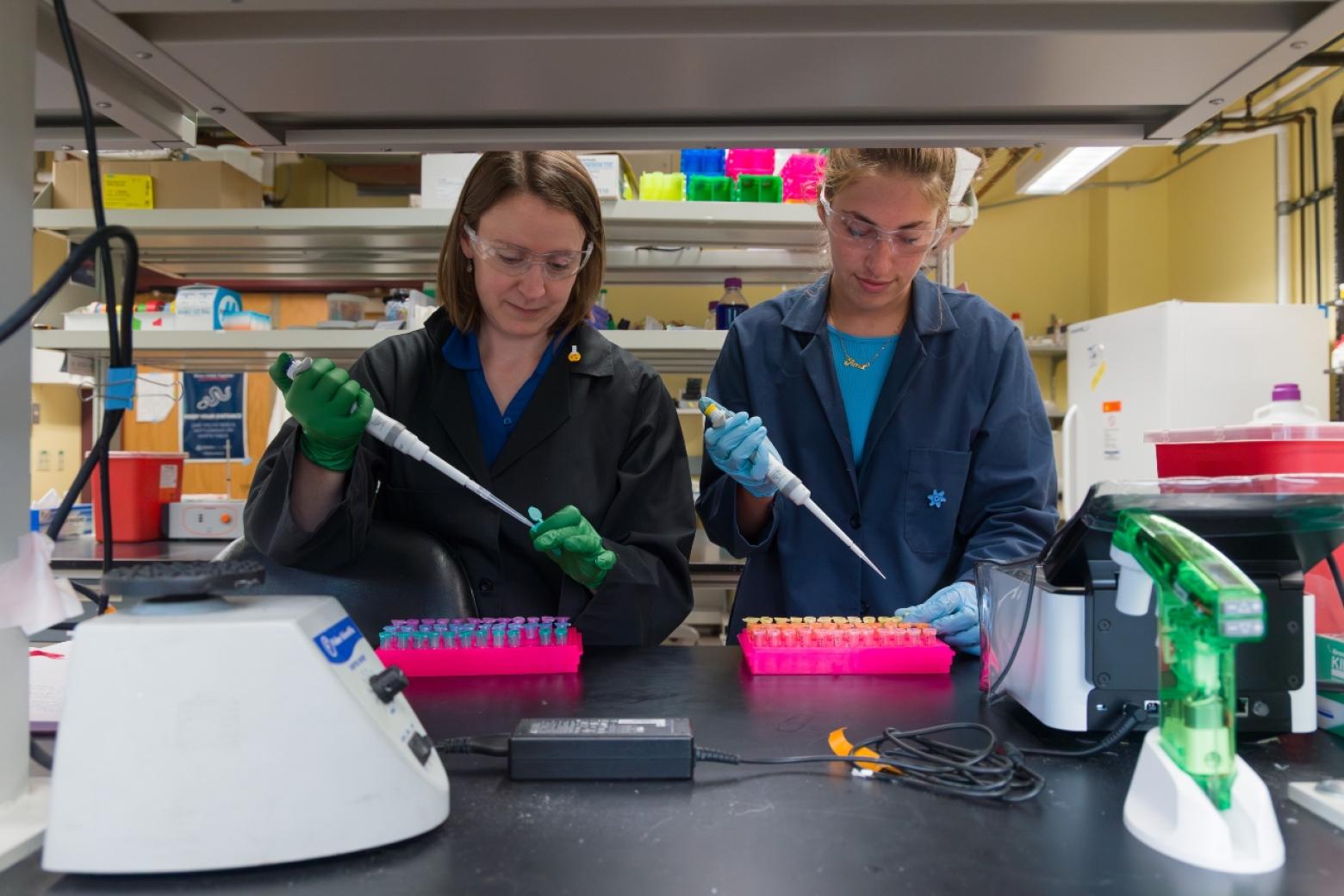
Nikki Farnsworth, an assistant professor of chemical and biological engineering at the Colorado School of Mines, has been awarded a five-year, $1.7 million grant from the National Institutes of Health (NIH) to enhance the understanding of Type 1 diabetes.
Type 1 diabetes is an autoimmune disease affecting approximately 2 million people in the U.S., characterized by the destruction of insulin-producing cells. The disease presents variances in diagnosis and symptom progression among patients, which remains poorly understood. “The therapies and understanding of the disease are really limited – it’s a field that’s easily 20 years behind the field of cancer in our understanding of the disease and options for personalized treatments,” Farnsworth said.
Currently, treatment for Type 1 diabetes generally involves insulin injections, but the heterogeneity of the disease complicates the development of tailored therapies. Farnsworth’s research will specifically focus on the pancreas microenvironment’s role in regulating insulin secretion from pancreatic islets.
“During the progression of Type 1 diabetes, there’s significant changes to the pancreas microenvironment. We know these changes happen, but we don’t know how they contribute to the progression of the disease,” Farnsworth said. Understanding these changes could potentially lead to new therapy targets for disease prevention.
To conduct her research, Farnsworth utilizes biomaterials to replicate the pancreatic environment. Her lab develops synthetic hydrogel scaffolds containing extracellular matrix proteins that imitate the pancreas’s matrix and encapsulate isolated pancreatic islets from both mouse and human sources to explore their function outside the body.
Farnsworth also collaborates with researchers at the University of Colorado Anschutz Medical Campus to translate her findings into preclinical models of Type 1 diabetes. “The most exciting part of this project is it’s challenging some of the ways the field views the disease,” she said. The research shifts some focus from immune cells to the role of insulin-producing islet beta cells in disease progression.
Dr. Farnsworth emphasizes the potential societal impact of her work, noting that most patients are diagnosed after significant health events. “This is a huge push for the field – we could be doing better for these patients and the families of these patients,” she said.